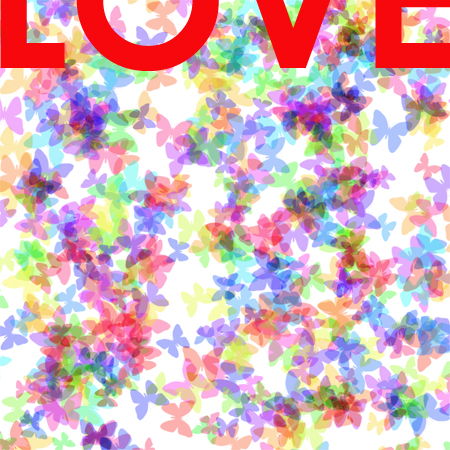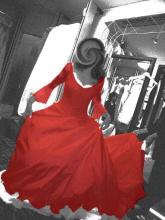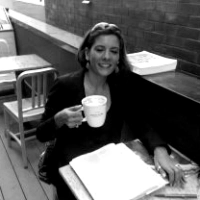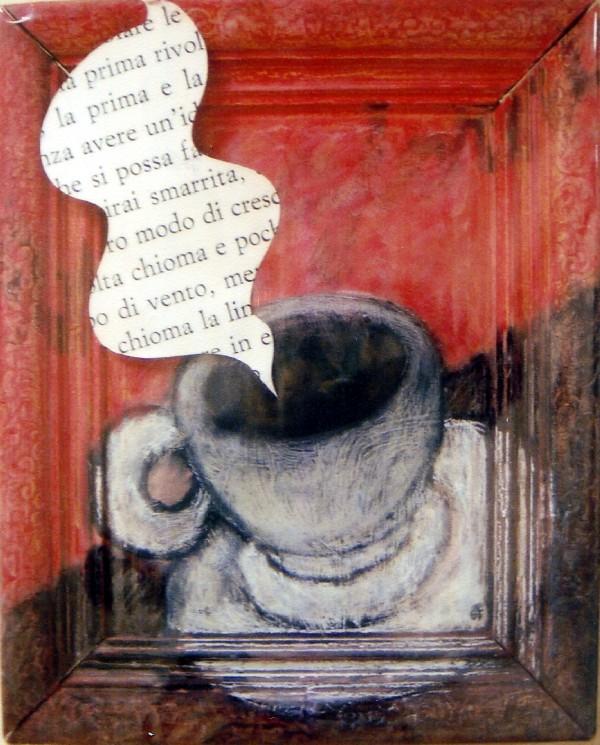
How to pin a heart to a sleeve. Ink on Paper. 2002
A Time for Everything
There is an appointed time for everything. And there is a time for every event under heaven ~
2 A time to give birth, and a time to die; A time to plant, and a time to uproot what is planted.
3 A time to kill, and a time to heal; A time to tear down, and a time to build up.
4 A time to weep, and a time to laugh; A time to mourn, and a time to dance.
5 A time to throw stones, and a time to gather stones; A time to embrace, and a time to shun embracing.
6 A time to search, and a time to give up as lost; A time to keep, and a time to throw away.
7 A time to tear apart, and a time to sew together; A time to be silent, and a time to speak.
8 A time to love, and a time to hate; A time for war, and a time for peace.
Watch: {Buddha Bar IV – Agricantus – Amatevi in Sicilian and Armenian}
“Know
The true nature of your Beloved.
In His loving eyes your every thought,
Word and movement is always-
Always Beautiful.”
– Hafiz
from poetseers
“Amare, non significa convertire,
ma per prima cosa ascoltare,
scoprire questo uomo,
…questa donna,
che appartengono a una civiltà
e ad una religione diversa.
L’amore consiste non nel sentire
che si ama, ma nel voler amare;
quando si vuol amare, si ama;
quando si vuol amare sopra ogni cosa,
si ama sopra ogni cosa.”
Charles de Foucauld
Prete cattolico e religioso che visse tra i Tuareq nel Sahara dell’Algeria
…
“To Love, does not mean to convert,
but first of all to listen,
discover this man,
this woman,
who belong to different civilizations and religions.
Love consists not in feeling we are in love,
but in the will to love;
When one is willing to love, she loves;
When one is willing to love above all else,
she loves above all else.”
Charles de Foucauld
Catholic religious and priest living among the Tuareq in the Sahara in Algeria
Happy Eid, Cammellino.


















































































































